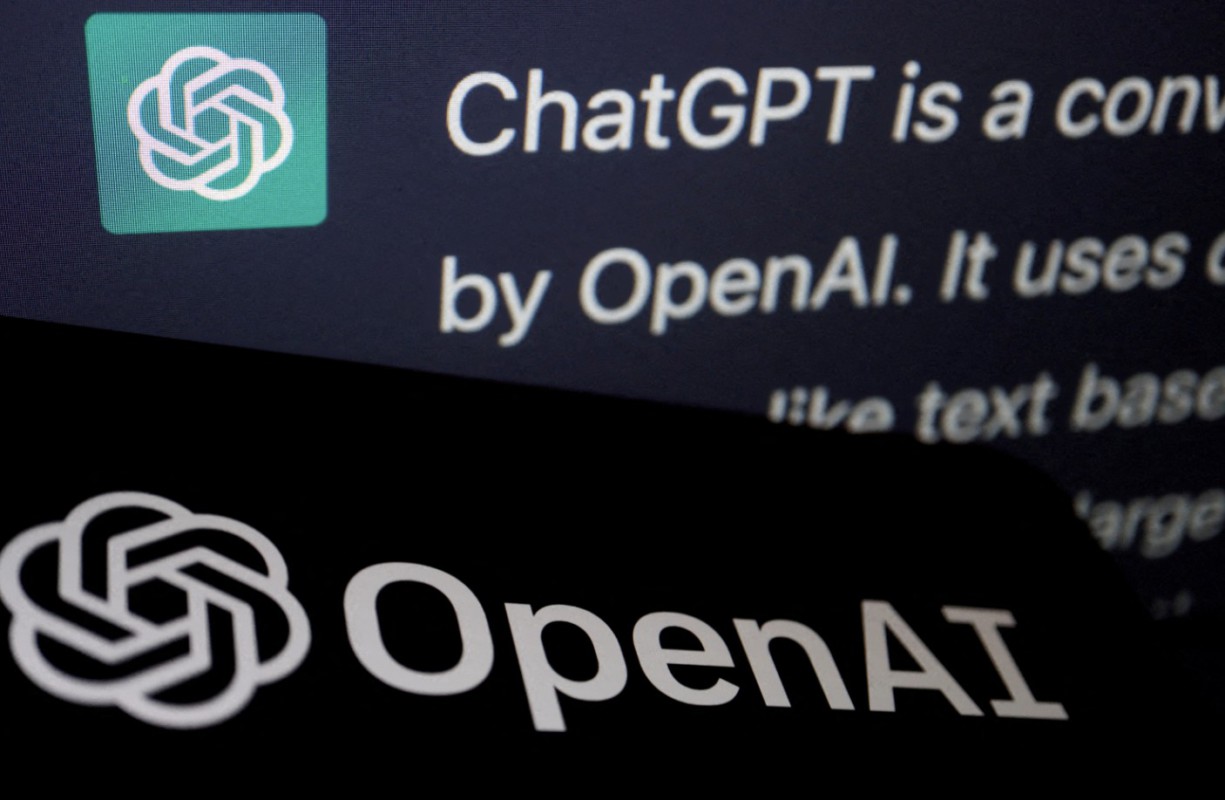lipflip – OpenAI announced plans to enhance ChatGPT with improved mental distress detection and parental controls. These features are still in development but will launch soon. The company revealed details just days after facing a lawsuit from the parents of a 16-year-old who died by suicide, allegedly linked to ChatGPT.
Read More : Unprecedented 11.5Tbps DDoS Attack Disrupts Networks
Starting next month, parents will link their accounts to their teens’ ChatGPT profiles. They will be able to disable specific features and control how ChatGPT interacts with their children. Crucially, parents will receive notifications if the chatbot detects their teen experiencing acute distress.
The system is designed to intervene when a teen’s conversations suggest emotional or mental health struggles. This proactive alert system helps parents stay informed and respond promptly to potential crises. OpenAI emphasizes that protecting young users remains a top priority as the technology evolves.
OpenAI’s parental controls will allow customized conversation settings tailored for teens. Parents can decide how ChatGPT responds, shaping tone and content appropriateness. These controls provide families more influence over the AI’s interaction style and topics discussed.
This initiative reflects growing concerns about AI’s impact on young people. As more teens engage with conversational AI, safety tools become vital. OpenAI’s approach aims to balance access with safeguards to reduce risks associated with sensitive topics.
Mental Health Focus and Advanced AI Models to Enhance User Safety
When ChatGPT detects distress, it will automatically switch conversations to the more advanced GPT-5-thinking model. This model processes information with deeper reasoning and context, providing more thoughtful and supportive replies.
Internal tests show GPT-5-thinking rejects harmful prompts more effectively than previous versions. It better handles requests related to hate speech, illicit content, self-harm, and other sensitive subjects. This upgrade marks a significant step toward safer AI interactions.
OpenAI collaborates with mental health experts worldwide to guide the development of these features. Their Expert Council on Well-Being and AI helps shape parental controls and offers a research-backed roadmap for AI’s role in mental health support.
Although OpenAI does not aim to replace therapists, the company explores how AI can complement healthcare. Psychiatrists, pediatricians, and general practitioners contribute insights on safe and effective AI applications in mental health. The company plans to implement these safeguards over the next 120 days and promises regular progress updates. OpenAI acknowledges challenges remain but remains committed to advancing responsible AI usage.
Read More : Windows 11 Update Cleared in Bricked SSD Investigation by Microsoft
This development follows a lawsuit involving a teen who bypassed ChatGPT’s safety filters and discussed suicide methods. The case highlights ongoing concerns about AI content moderation and user vulnerability.
OpenAI’s new features represent a proactive attempt to prevent harm and increase transparency. As AI use grows, integrating mental health awareness and parental oversight could set new standards for digital safety. The success of these measures will depend on continued collaboration between AI developers, health professionals, and users. OpenAI’s evolving tools aim to support safe, constructive AI experiences, especially for younger and more vulnerable users.
